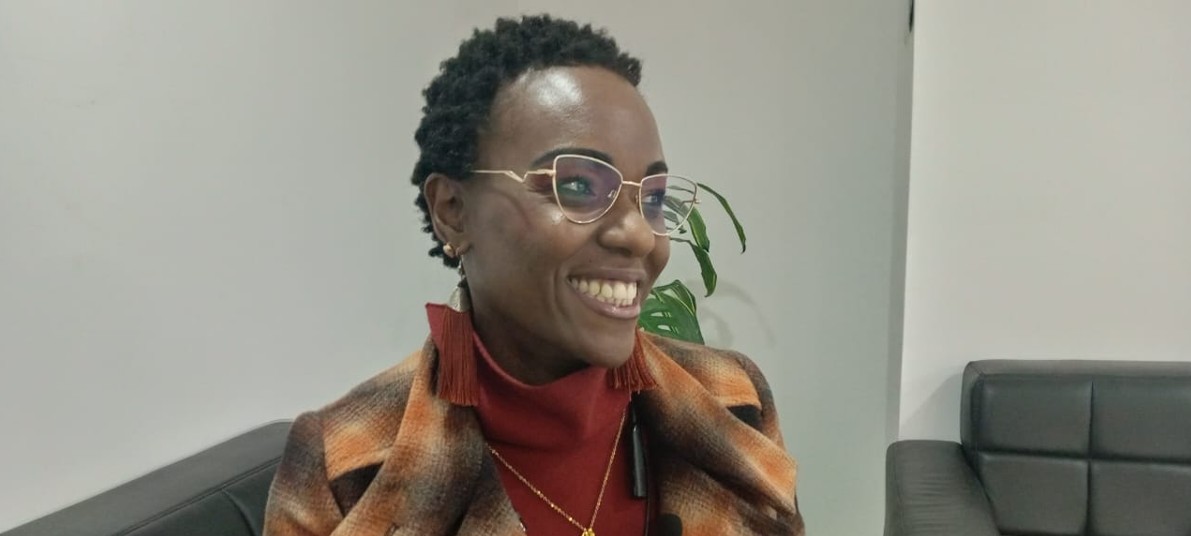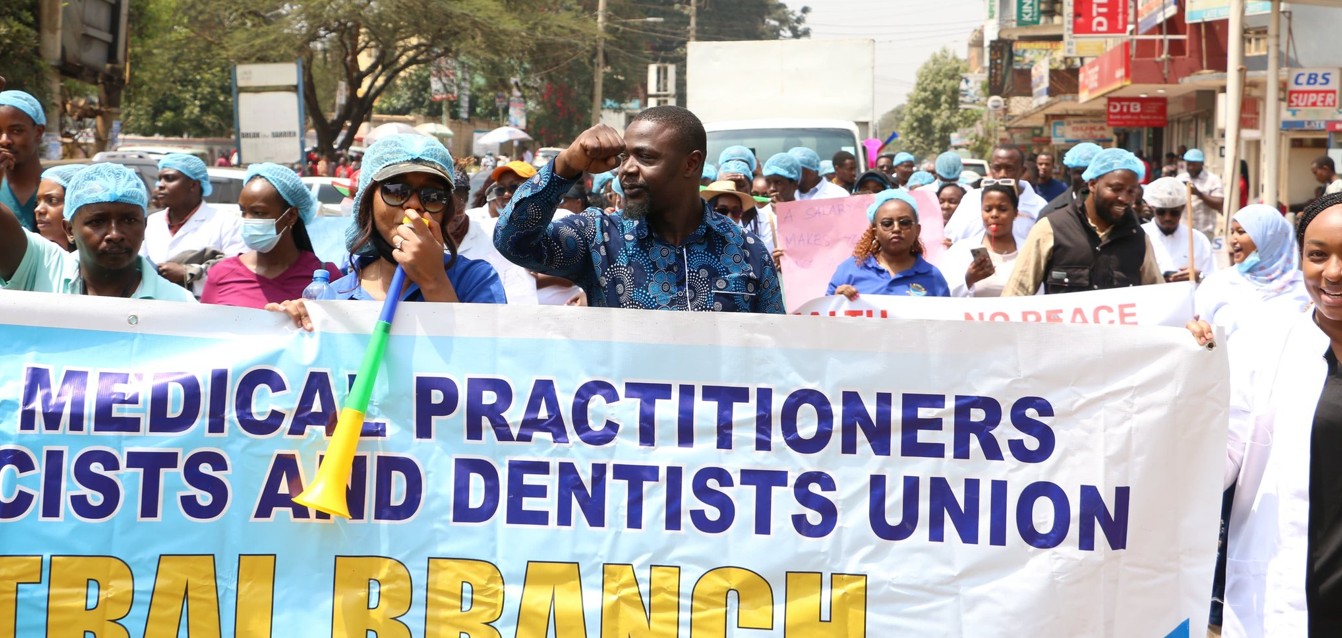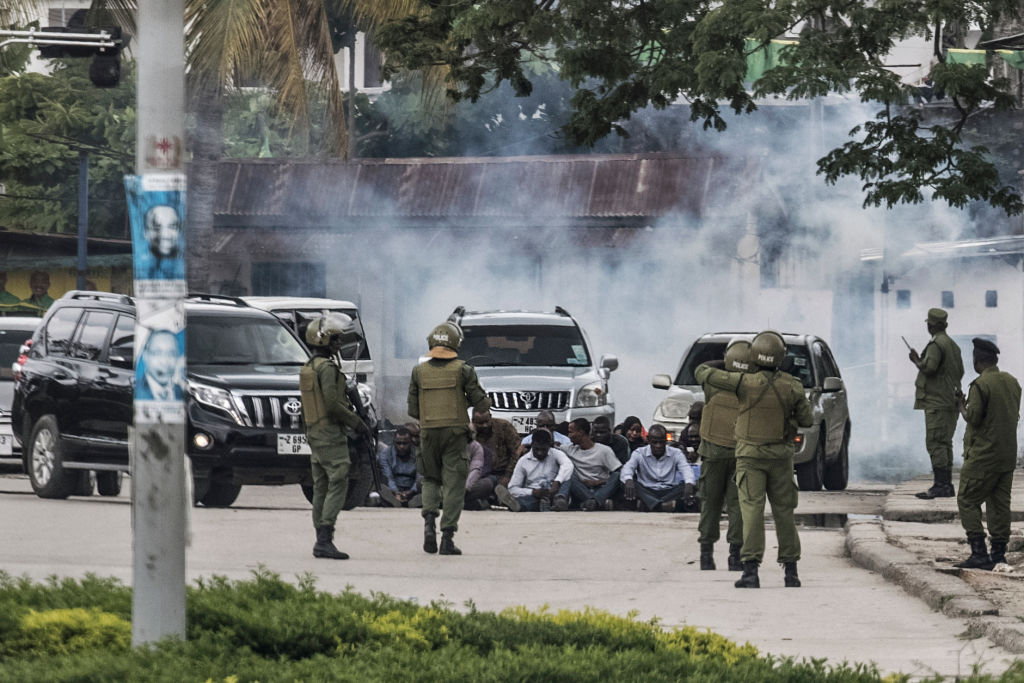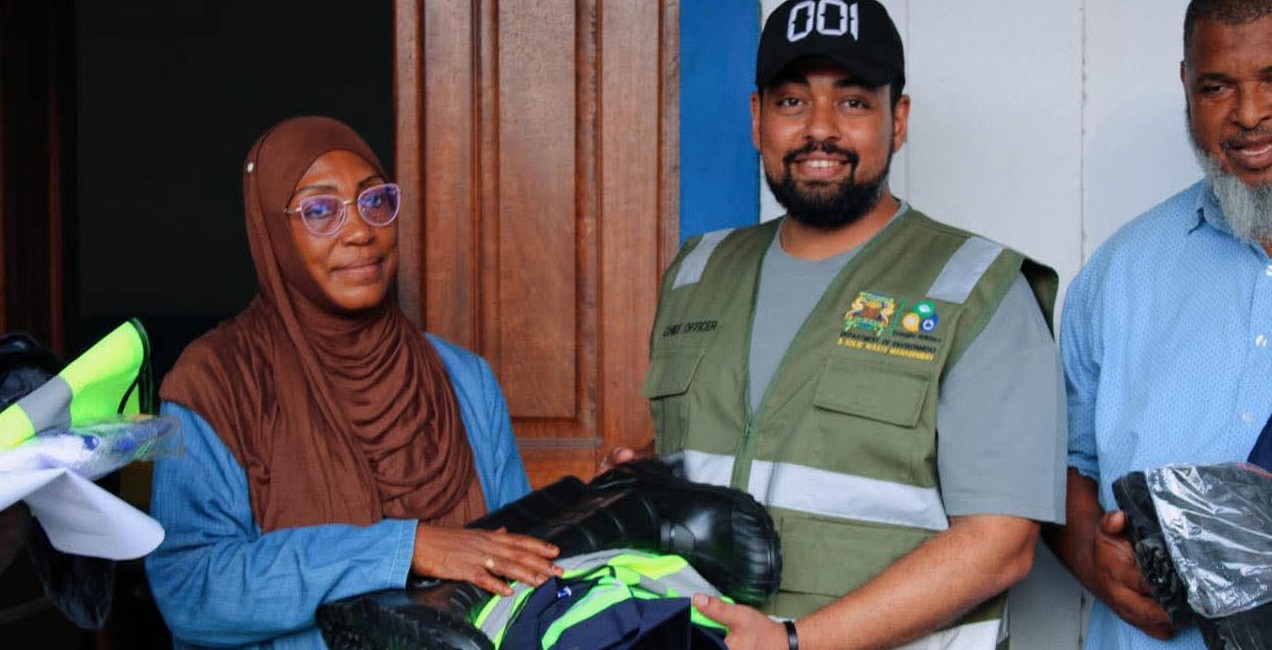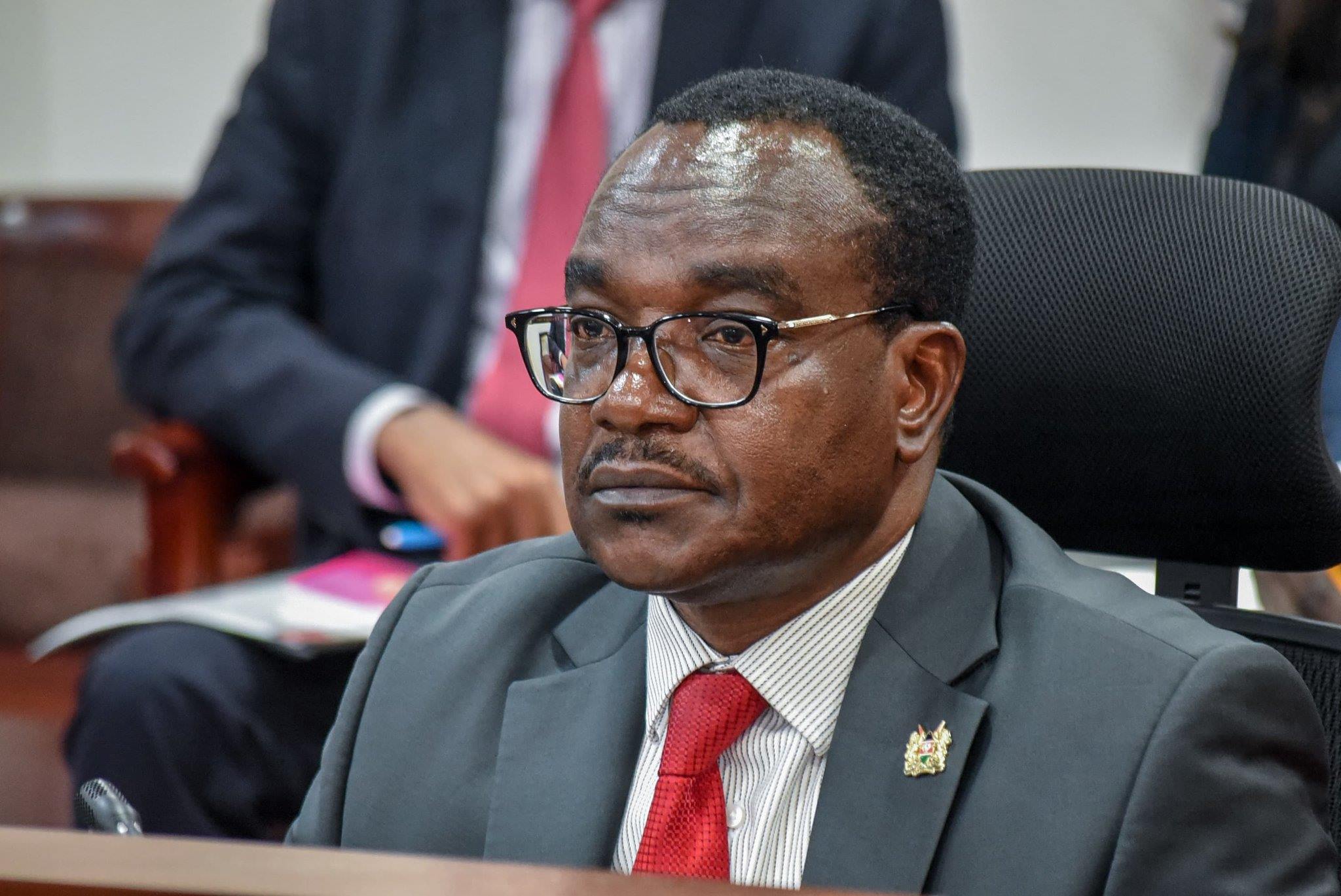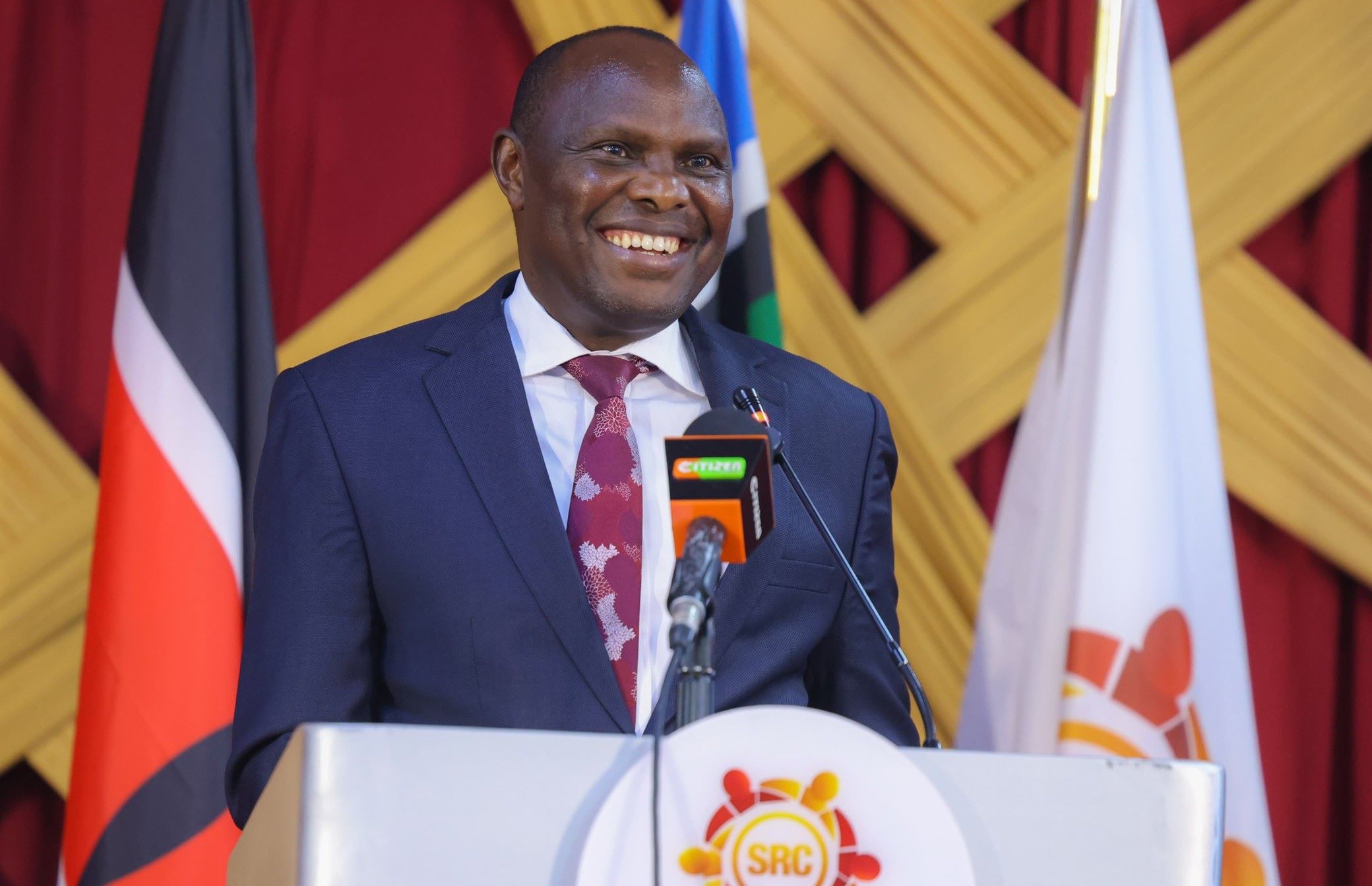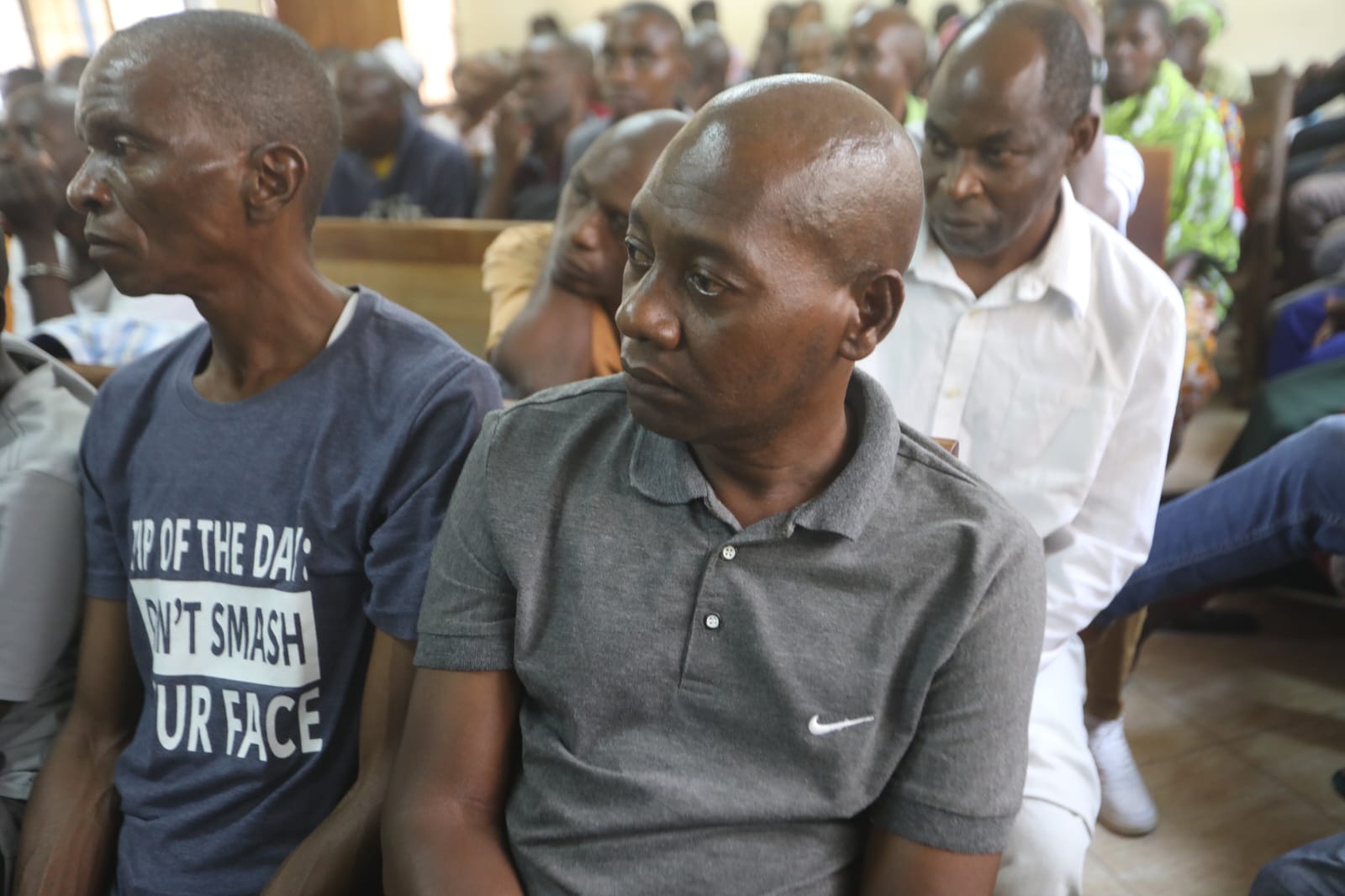Kenyans worse off three years into Ruto’s government, church leaders say
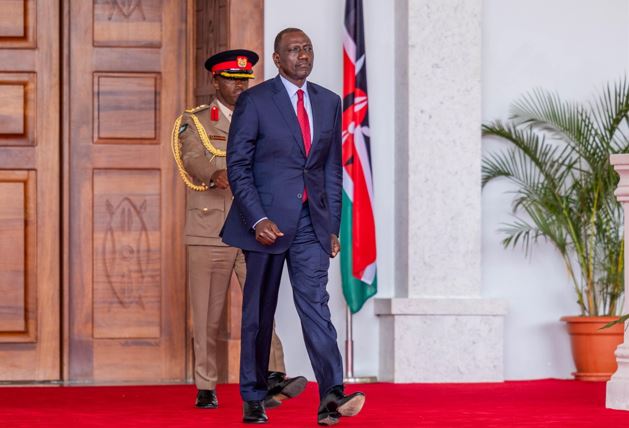
The Pentecostal Voice of Kenya Association warned that, despite a promising start, ordinary citizens have been left to shoulder high taxes and mounting debt, eroding public trust in the government.
Church leaders have called out President William Ruto’s administration for failing to deliver on key campaign promises, saying Kenyans continue to face soaring living costs, struggling healthcare and growing public unrest three years into the Kenya Kwanza government.
The Pentecostal Voice of Kenya Association (PVK) warned that, despite a promising start, ordinary citizens have been left to shoulder high taxes and mounting debt, eroding public trust in the government.
More To Read
- State House drains Sh3.6 billion in 42 days, raising alarm over reckless spending
- Civil society groups move to court to stop Ruto’s Sh1.2 billion State House church project
- Sifuna: Nothing will stop ODM from removing Ruto from office
- Justin Muturi reveals how he became AG after initially declining the role
- Kenya faces crisis as unrest escalates and unimplemented reforms haunt calls for dialogue
- From bottom-up to top-down: Is President William Ruto reversing course?
“Kenyans seem to have been left to their own means and have been subjected to high taxation and saddled with even more odious debt. Sadly, this has been to the detriment of the stability of our country and its people as it has sparked costly protests, unrest and the large-scale loss of public support and confidence in the government,” PVK Chairman Apostle Peter Manyuru said.
Manyuru cited the cost of living, healthcare, housing, education and governance as the areas where the administration had fallen short.
On healthcare, the association faulted the transition from the National Health Insurance Fund (NHIF) to the Social Health Authority (SHA), stating that it had failed to address systemic challenges such as underfunding, corruption, and poor operational performance.
“Unfortunately, not much progress seems to have been made as the same problems are still plaguing the new SHA system. All these issues, coupled with inadequate public sensitisation and a lack of transparency about the system, inform our dire assessment of the current state of play,” the PVK chair said.
He urged the government to ensure “adequate funding for all levels of healthcare, root out inefficiencies and vulnerabilities in the system and explore funding models that bring on board those in the informal sector.”
On affordable housing, PVK acknowledged the government’s efforts but questioned the clarity of its implementation. Manyuru noted that despite buildings sprouting all across the country, it remains unclear how and which cadre of Kenyans will access and own these houses.
“PVK therefore calls upon the administration to be clear and transparent with Kenyans, if the program is to be impactful and not fall prey to unscrupulous individuals,” he said.
On education, the clerics pointed to delays in disbursing school capitation, ghost schools linked to graft, unrest in learning institutions and a looming lecturers’ strike that threatens higher education.
Turning to governance, the association said the government had backtracked on its promises to uphold the Constitution and combat corruption, citing Senate attempts to extend presidential and parliamentary term limits.
“Whereas we note that the President has denounced such attempts, it is still concerning that some of our leaders would choose to serve their own interests instead of serving the people. This selfishness will only lead to more unrest, protests and destabilisation of the country,” Manyuru cautioned.
PVK Secretary General Habil Olembo said reforms such as scrapping NHIF and introducing SHA had only worsened the healthcare system. In a joint statement, the interdenominational churches called on the government to urgently address the challenges.
The association further reminded the President to honour his pledges, warning that Kenyans would soon have a chance to hold leaders accountable at the ballot.
“Leaders should stop paying lip service and turn words and promises into action with the understanding that the next elections are just around the corner and Kenyans will soon have a chance to hold them to account,” Manyuru added.
Meanwhile, the National Council of Churches of Kenya (NCCK) has called on young people to register as voters ahead of the 2027 General Election, saying their concerns could only be addressed if they actively participated in shaping leadership.
NCCK vice chairman Reverend Canon Josephat Kalume said the church was ready to stand with the youth.
“Many youths are not registered voters, but I challenge them to register in masses if they really want to change this country,” NCCK Woman Representative Joyce Chigogo said during a Gen Z advocacy, dialogue and mediation session at the Full Gospel Church in Kilifi.
NCCK Youth Representative Lutein Kennedy Wambua of the Salvation Army Church added: “The issues of Gen Z in the country have been the centre of attraction and concern over the past few years, and the church has a duty to engage them, understand the genesis of their agitations, and support them.”
The council also criticised the government for failing to fully implement universal healthcare, free education and security measures.
Rev Kalume lamented that delayed capitation funds had left schools in a crisis.
“This is an issue that is worrying parents, and we as leaders call upon the government to play its part responsibly. It is the government that directed all children to go to school, but it is saddening that parents have heeded the call only to be failed by the same government,” he said.
He added that school principals were “at a crossroads” due to inadequate funding and mounting pressure.
On healthcare, Rev Kalume said Kenyans were still struggling to access universal services, while noting that teachers remained frustrated by unfulfilled government commitments.
Top Stories Today


